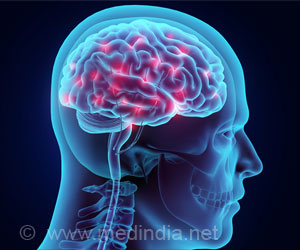New study examines how cardiorespiratory fitness and body composition can enhance cognitive performance and brain health.

‘Physical activity and fitness interventions can enhance cognitive performance and brain health across the lifespan.’





The study contributes to a growing body of research suggesting that fitness has beneficial effects on brain health. The study applied magnetic resonance spectroscopy to detect and measure brain metabolites, focusing specifically on N-acetyl aspartic acid. "NAA is produced in the neurons and is an important biochemical marker of energy production and neuronal health," said Aron Barbey, a University of Illinois psychology professor, who led the research with senior research scientist Ryan Larsen. "Our prior work demonstrates that neuronal health, as measured by NAA, has favorable associations with cognitive performance. We were interested in exploring whether modifiable lifestyle factors, such as physical activity and aerobic fitness, are also linked to NAA."
The researchers showed that a lower percentage of body fat is associated with higher NAA in the white matter and that this relationship largely accounts for the association between NAA and cardiorespiratory fitness.
"Our findings suggest that fitter adults benefit from improved structural brain connectivity," Larsen said. "A central question raised by this work is whether we can modify NAA through physical activity and fitness interventions, providing an effective method to enhance cognitive performance and brain health across the lifespan."
The research team also included U of I psychology professor Neal Cohen; Northeastern University psychology professors Charles Hillman and Arthur Kramer; and Northeastern University postdoctoral fellow Lauren Raine.
Advertisement
Source-Eurekalert















